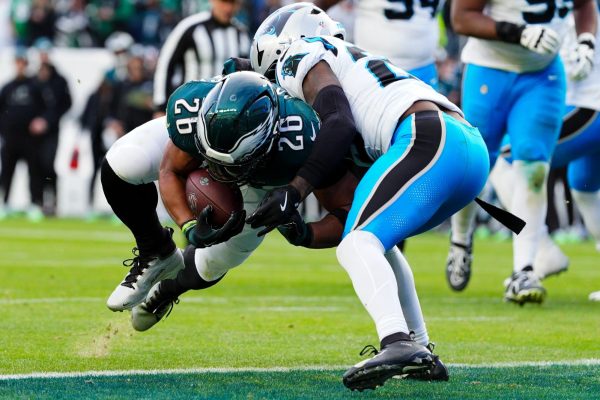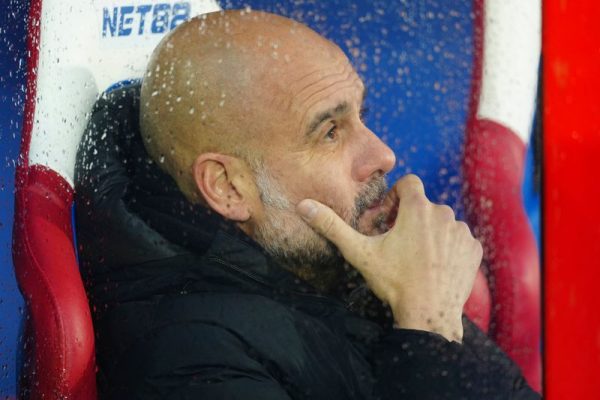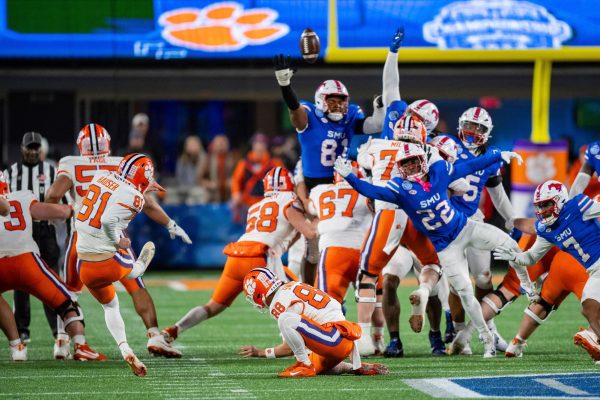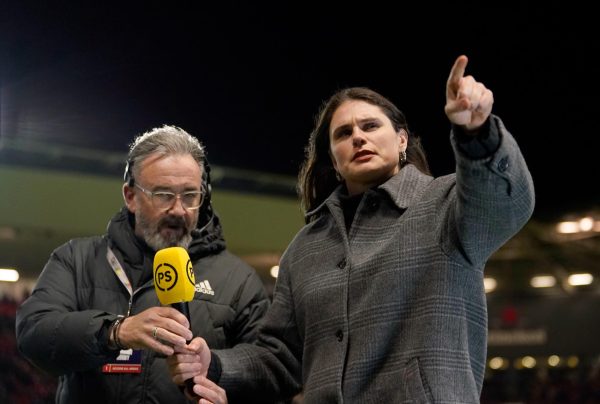NHL Finally Finds a Scapegoat
Why is it that league commissioners, team owners and player associations take so long to respond to corruption in their respective leagues? Why is it that David Stern allowed the NBA to fall captive to the mob, with capos officiating playoff games from the back room of the Bada Bing? Why is it that Bud Selig sat enjoying a mustard-covered frankfurter while Mark McGwire and Sammy Sosa went toe-to-toe in their now infamous ‘roid-filled race toward 70 home runs? Why is it that Pete Carroll jumped ship for the NFL after years of producing Heisman winners and BCS National Champions?
As with most corruption, the problem can usually be traced back through bank accounts. Back when Michael Jordan had just won his first three NBA Chamionships, consecutively, no less, was it not odd when he decided that he wanted to leave and go hit .202 for the White Sox Double-A squad, the Birmingham Barons? Is it possible that the NBA couldn’t hide Jordan’s gambling problem, but at the same time could not afford to lose its greatest player to a massive scandal? And why, after the release of the Mitchell Report, could baseball’s biggest stars no longer blast bombs past the warning track? And how in the world were Reggie Bush and Matt Leinart able to afford their nights out on the Sunset Strip? The answers to all these questions lie in ticket sales. And merchandise. And sky boxes. And television deals. And the list goes on.
What we forget as we watch our favorite teams battle it out on the field is that sports are a business. The reason Darrelle Revis, in the prime of his career, on a Super Bowl-caliber team, is currently holding out is the same reason Gary Bettman and the National Hockey League rejected the New Jersey Devils’ contract with Russian speedster Ilya Kovalchuk last month. The NHL, after years of allowing blockbuster deals, decided that the proposed contract between the Devils and Kovalchuk violated the terms of the NHL’s Collective Bargaining Agreement. Just like the National Basketball Association did with its gambling scandal, and Major League Baseball with the steroid era, the NHL milked the CBA for all it was worth before finding a scapegoat for its problem.
The NHL’s Collective Bargaining Agreement is the deal between the league’s owners and the NHL Players’ Association. Under the deal, NHL teams receive a cap hit for each player based on the average salary over the course of that player’s contract. The loophole lies in adding extra years to the end of a contract at a diminished price. Kovalchuk’s original deal was for $102 million over 17 years, with him making only $550,000 during the last five seasons. Clearly, under the current CBA, the Devils, who simply cannot truly believe Kovy will play until he is 44 years old, were trying to pay Kovalchuk the money he wanted in the first years of his deal, and simply added on a few years at the end to decrease their cap hit. The problem is not that the NHL rejected this flawed contract. The real problem is that the NHL waited until this summer to start rejecting flawed deals. Just like how baseball collected its money on home run races and then prosecuted all of its players, the NHL allowed corrupt deals until they simply became too obvious.
As an example, look at Roberto Luongo, goaltender for the Vancouver Canucks. Over the first eight years of his contract, Luongo will make $58 million, while he will earn just $5 million over the deal’s final four years. Or, there’s the case of the Chicago Blackhawks’ Marian Hossa, who will make only $3.5 million in the last four years of a 12-year, $63 million contract. Chris Pronger of the Philadelphia Flyers has a similar front-loaded deal, as well as Henrik Zetterberg and Johan Franzen of the Detroit Red Wings. These deals, while all upholding the letter of the law, do not constitute true contracts under the CBA. Unfortunately for the Devils, they were late to the party. As in other sports, corruption finally caught up to the NHL, and they were forced to reject Kovalchuk’s original contract.
On August 28, the Devils submitted a revised contract to the NHL, reportedly for $100 million over 15 years. Regardless of whether the NHL chooses to accept the new deal, the fact remains that the league is not immune to corruption. As with all other sports, the goal is to make money. Owners, commissioners and players will continue to strive towards that goal, flip-flopping and searching for their next scapegoat along the way.





